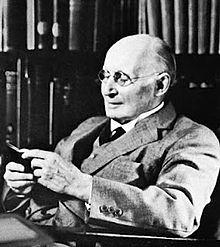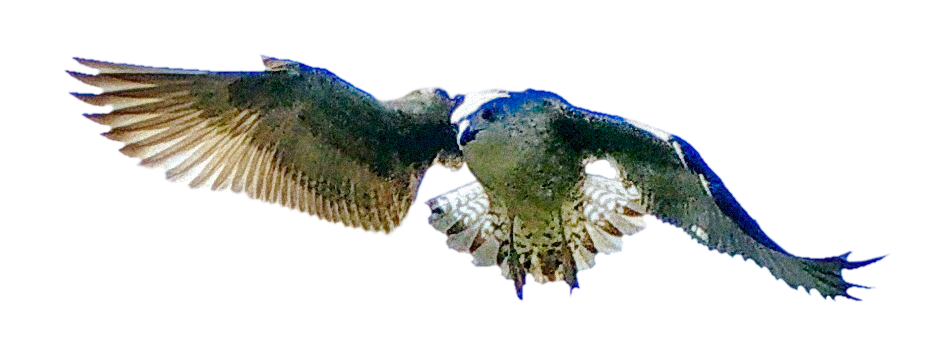The art of free society

Lately I cannot travel too far for personal reasons, though I expect this to change sooner rather than later; so when I found online about the Unconventional Computation Conference to be held at Bicocca University in Milan, I decided to attend. Bicocca is 8 km away from my place, so I went there by bicycle; a bit dangerous in Milan, I must admit, because of the patchy bike lanes and crazy drivers, turned even crazier by the seasonal heat.
The conference was alright, although the focus was mostly on how to use the Turing machine model in unconventional ways rather than exploring computation that goes beyond Turing (whatever that means). Also, there were a bit too many mathematician who sometimes are afraid to think beyond the current paradigms (fortunately this does not apply to all mathematicians).
Frank Coyle captured my interest when he mentioned Alfred North Whitehead's Process Philosophy during his talk. Whitehead is the guy who wrote Principia Mathematica with Russel, but later in his life, when he was 63, he changed his mind and started thinking in terms of processes.
When the conference ended, I came across a book that Whitehead had written about five years before he started writing about processes; the book, Symbolism, is pretty cryptic if you read it without having thought about a different way to interpret computation and what the brain does. I do not agree with some of Whithead's arguments in the book, but the very last paragraph is really relevant today. It explains why societies must change:
"The art of free society consists first in the maintenance of the symbolic code and secondly in fearlessness of revision, to secure that the code serves those purposes which satisfy an enlightened reason. Those societies which cannot combine reverence to their symbols with freedom of revision, must ultimately decay either from anarchy, or from the slow atrophy of a life stifled by useless shadows."




